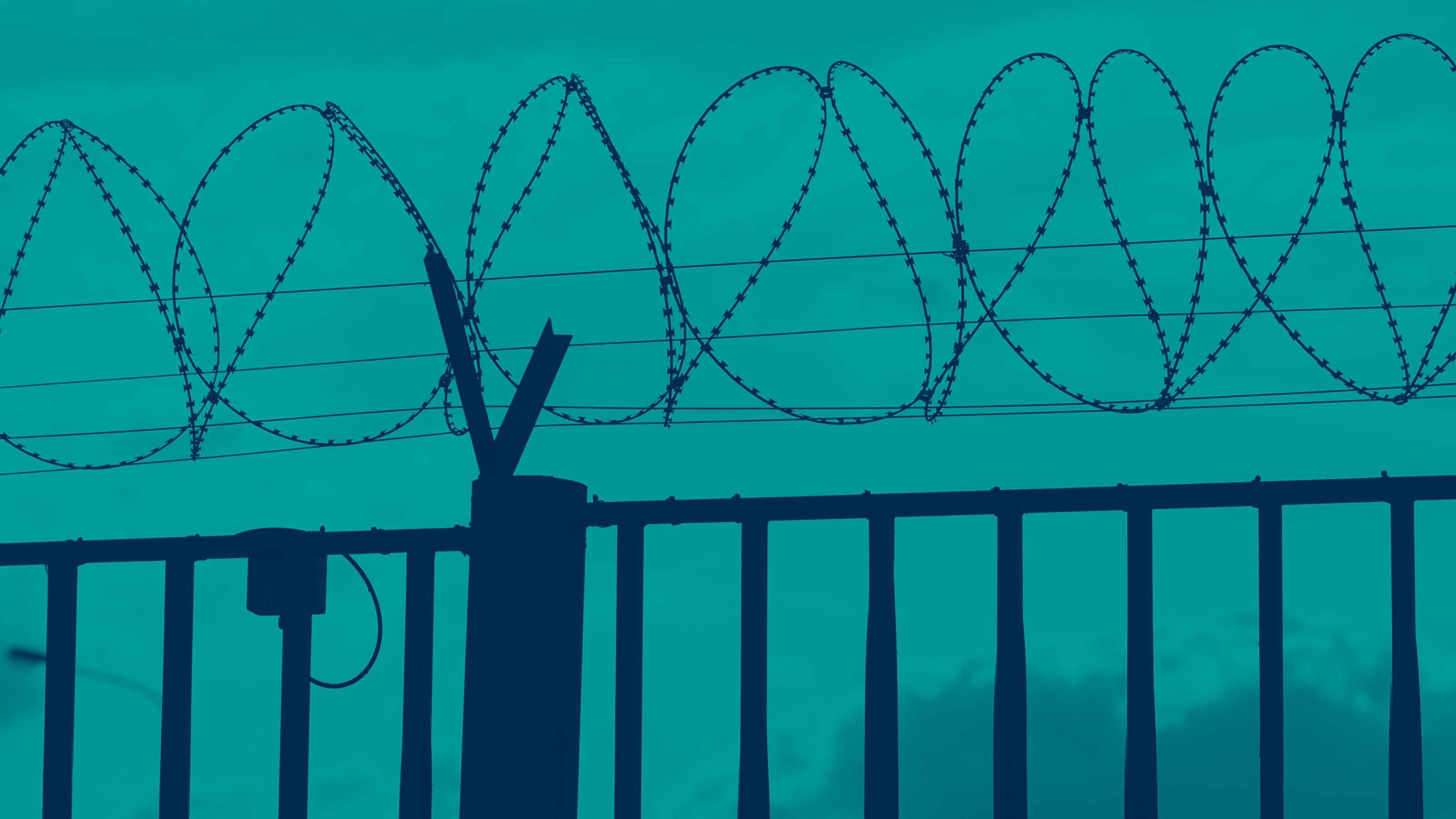Registration
You will receive an email confirming your registration.
Over the last two decades, the roles played in the security domain by the United States, China, and India have changed due to domestic constraints, a shifting world order, and a range of other factors. What are the systemic and subsystemic factors influencing the foreign policy and security outlook of these Indo-Pacific countries? How have policymakers been affected by these transforming roles? Further, how are the security roles of these countries likely to develop as the geopolitical environment continues to change?
Carnegie India hosted Aditi Malhotra for a discussion on the changing security roles of the United States, China, and India. The discussion was moderated by Srinath Raghavan.
DISCUSSION HIGHLIGHTS
Roles and State Behavior:Participants discussed how the framework of role theory could describe security developments and explain changing roles. They highlighted how systemic and subsystemic factors impact the security policies and roles of the United States, China, and India in the Indo-Pacific. Participants analyzed whether traditional theories of international relations, such as neorealism and neoliberal institutionalism, could explain state behavior. However, the issue with these theories was that they do not have the ability to explain the nuances of state behavior. Participants highlighted that in the international system, each state performs a role, and these roles are principally performed by policymakers. Thus, the role conception framework is essentially the interplay between policymakers’ goals and the expectations that external actors have from the state. Hence, the benchmark by which the performance of a state is determined is its own role conception. At the same time, there are instances of discrepancies between the role overtly declared by a state and its actual performance.
China and India’s Roles:Participants traced the development of China’s role as an economic and security provider over the course of the past twenty years. They explained that after the 2008 global financial crisis, China was in a period of transition and continued to pursue the “hide and bide” policy as it was still unsure of its global financial power. Even today, though China has emerged as a leading economic power, it often frames itself as a developing country. Participants discussed how most traditional theories of international relations predict that the emergence of a revisionist China is an eventuality. With respect to India, participants agreed that it was more focused on economic progress and the diversification of dependencies. However, after India’s nuclear tests in 1998, New Delhi’s role as a security actor has increased. Participants noted that after 2014, India’s multi-alignment approach has led it to become a leading stakeholder in the international system. Participants discussed how India is mostly considered a balancer against China in the Indo-Pacific and how its actions are perceived through this lens. However, they underscored that this misses out on the nuances of India’s behavior. New Delhi balances multiple partnerships that are sometimes at odds with each other. Thus, a careful understanding of the factors influencing India’s internal and external behavior is needed.
The United States’ Role:Participants discussed the aftermath of the 2008 global financial crisis. American global power appeared to decline, accompanied by the rise of China. They acknowledged that the United States had begun to share its role as a security provider as China rose. Participants highlighted that after the financial crisis, the security outlook in Washington inclined toward continuity rather than change, to which the Trump administration was an exception. With the emergence of security challenges such as China and North Korea, the United States faces a conflict between how it perceives its own security role and how external actors expect it to behave. Overall, participants agreed that the post-financial-crisis period has been marked by the United States increasingly converging with some allies while diverging with others on how to navigate the China question. Participants highlighted that, due to resource constraints, Washington is now having to balance economic considerations with security commitments. Finally, as the American public demands an America-first approach, policymakers in Washington have to manage this expectation as well.
This event summary was prepared by Anahad Kaur and Saheb Singh Chadha, research assistants at Carnegie India.
